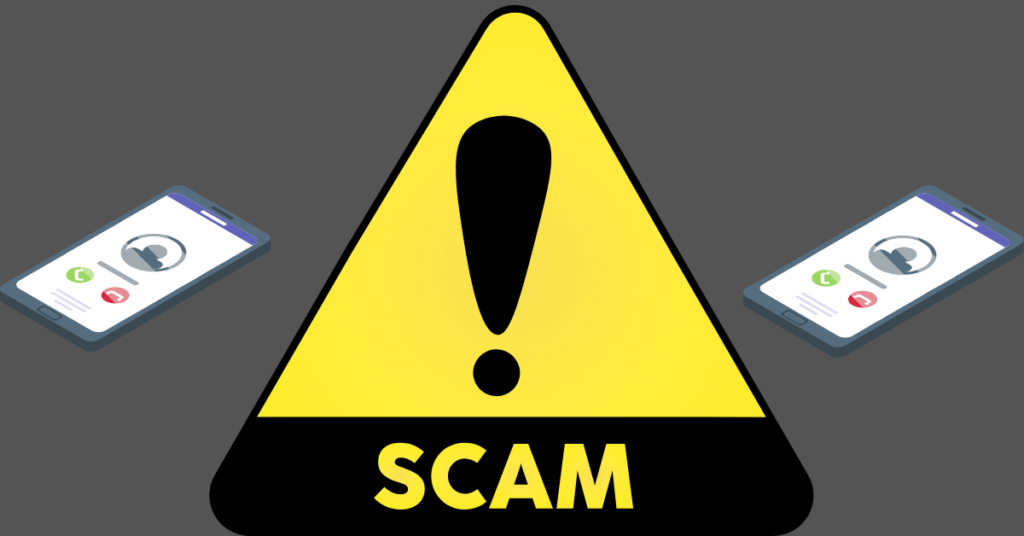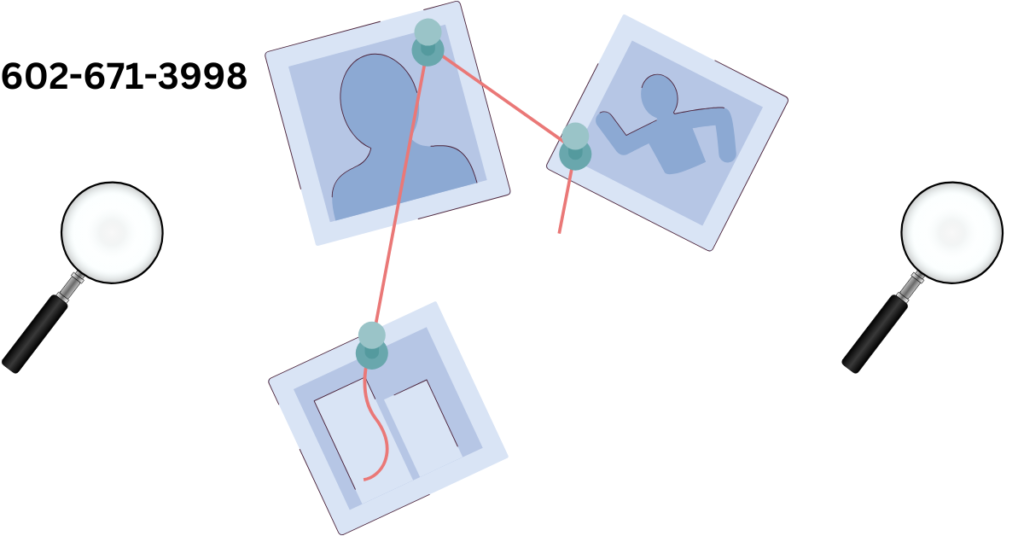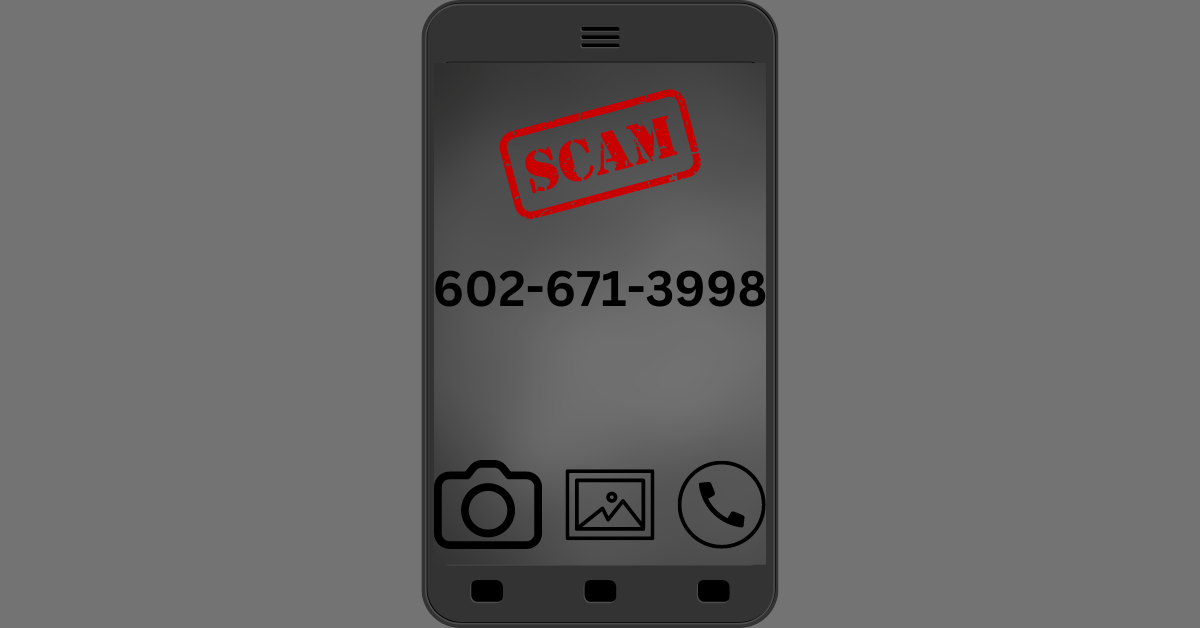In today’s digital age, it seems like we’re bombarded with unsolicited phone calls more than ever. According to the Federal Trade Commission (FTC), millions of Americans report receiving unwanted telemarketing and robocalls each year. This has become such a prevalent issue that many people find themselves constantly on guard against potential scams. If you’ve received a call from the number 602-671-3998, you might be wondering whether it’s a legitimate contact or something more nefarious. This article aims to shed light on the nature of telemarketing and robocalls, particularly focusing on the number 602-671-3998, and offer strategies for protecting yourself.
What is 602-671-3998?

The number 602-671-3998 is associated with numerous reports of unsolicited calls. It is a phone number with an area code of 602, which corresponds to the Phoenix, Arizona, area. Many people across the United States have reported receiving calls from this number, but it’s important to note that not every call is the same.
Some users have identified the number as a telemarketing contact, while others claim it is linked to potential scams. If you receive a call from 602-671-3998, you should be cautious, especially if the caller asks for personal information, money, or any other sensitive data.
Understanding Telemarketing and Robocalls
Defining Telemarketing
Telemarketing involves contacting potential customers via phone to promote products or services. This type of marketing is generally done by live representatives who engage in conversation with potential clients, aiming to make sales or gather leads. Telemarketing can be both legitimate and intrusive, but it remains a legal practice when done in compliance with regulations.
The Rise of Robocalls
Robocalls, on the other hand, use automated technology to deliver pre-recorded messages to phone numbers. These calls are often used for legitimate purposes, such as appointment reminders or public announcements, but they have become infamous for their association with scams. The proliferation of robocalls has significantly impacted how people perceive phone communications, leading to increased skepticism and frustration.
Read More: the oneworldcolumn.org blog
Common Scams Linked to 602-671-3998

There are several types of scams that 602-671-3998 may be involved in. These include:
a. IRS Scams
Scammers often pose as IRS agents, demanding payment for taxes owed and threatening arrest or legal action if you don’t comply. It’s important to remember that the IRS will never contact you by phone to demand immediate payment.
b. Tech Support Scams
In this scam, the caller claims there’s a problem with your computer or device and offers to fix it for a fee. They may try to gain remote access to your computer, which can lead to data theft.
c. Prize or Lottery Scams
You may be told you’ve won a large prize or lottery, but to claim it, you need to provide personal information or pay a fee. Legitimate organizations will never ask for money upfront to claim a prize.
d. Charity Scams
Scammers may pretend to represent a charity and ask for donations. They often use emotional appeals to encourage victims to contribute. Always verify the legitimacy of a charity before donating.
e. Credit Card or Bank Scams
Callers may claim to be from your bank or credit card company, saying there’s been fraudulent activity on your account. They’ll ask for your account details to “verify” your identity. Be cautious and contact your financial institution directly if you suspect fraud.
Investigating the Number 602-671-3998

Online Research
To determine whether the number 602-671-3998 is associated with a scam, start by conducting online research. Search for the number in search engines and look for any reports or complaints associated with it. This can give you initial insights into the nature of the calls from this number.
Reverse Lookup Tools
Reverse lookup tools can be particularly useful in identifying the owner of a phone number. Services such as Whitepages or Truecaller can provide details on whether the number is linked to a legitimate business or has been flagged for suspicious activity.
Consumer Reports and Scambusters
Consult consumer reports and websites like Scambusters or the Better Business Bureau for more comprehensive information. These resources often have updated information on known scam numbers and can help you verify if the number in question has been reported for fraudulent activity.
How to Make the Most of 602-671-3998
If you have access to or control over 602-671-3998, this section will offer practical advice on how to make the most of it. Whether you’re using it for business, personal reasons, or something else entirely, we’ll provide tips on optimizing your use of this number, maintaining privacy, and ensuring it serves your needs effectively.
Common Questions and Misconceptions About 602-671-3998
There are often questions and misconceptions surrounding specific phone numbers. In this section, we’ll address some of the most common questions people have about 602-671-3998, such as its origins, potential spam concerns, and how to verify its authenticity.
The Future of Phone Numbers Like 602-671-3998

As we look to the future, the role of phone numbers is likely to change. This section will explore potential developments in telecommunications and how they might affect numbers like 602-671-3998. We’ll also consider the ongoing relevance of phone numbers in a world where communication methods are constantly evolving.
FACTS About 602-671-3998
- Area Code: The number 602-671-3998 uses the 602 area code, which is assigned to the Phoenix, Arizona, region.
- Unsolicited Calls: This number has been associated with numerous unsolicited calls reported by people across the United States, often identified as telemarketing or potential scam calls.
- IRS Scams: One of the common scams linked to 602-671-3998 is the IRS scam, where callers impersonate IRS agents to demand payment for supposed tax debts.
- Tech Support Scams: Another scam associated with this number involves fake tech support services, where callers attempt to gain remote access to your computer.
- Robocalls: Many reports suggest that 602-671-3998 may involve robocalls, which use pre-recorded messages to reach out to individuals, often in an attempt to defraud them.
- Prize Scams: Some people report receiving calls claiming they’ve won a prize or lottery, but they are asked to provide personal information or pay fees to claim it.
- Charity Scams: Scammers may pose as representatives of a charity, appealing for donations. These calls can be emotional and convincing but are often fraudulent.
FAQs About 602-671-3998
What should I do if I receive a call from 602-671-3998?
If you receive a call from this number, it’s advisable to avoid answering or engaging with the caller, especially if they ask for personal information or money. You can block the number or report it to relevant authorities, such as the Federal Trade Commission (FTC).
Is 602-671-3998 a legitimate number?
While it has a legitimate area code from Phoenix, Arizona, many reports have linked this number to unsolicited calls, scams, and telemarketing efforts. It’s crucial to be cautious.
Can this number be a robocall?
Yes, 602-671-3998 has been associated with robocalls, where automated pre-recorded messages are used to contact recipients. Many of these calls can be linked to scams.
How can I verify the identity of a caller from 602-671-3998?
You can use reverse lookup services such as Whitepages or Truecaller to check if this number is associated with a legitimate business or if it has been reported as suspicious.
What types of scams are linked to 602-671-3998?
Common scams include IRS fraud, tech support scams, prize or lottery fraud, charity scams, and bank or credit card fraud. Be wary of any requests for sensitive information or payment.
Final Words
Receiving calls from numbers like 602-671-3998 can be concerning, especially with the rise in scams and unsolicited robocalls. Always exercise caution, never share personal information, and use tools to block or report suspicious numbers. Staying informed and vigilant is key to protecting yourself from potential fraud.
Stay Connected: Internetchicks.Blog
